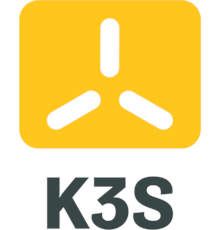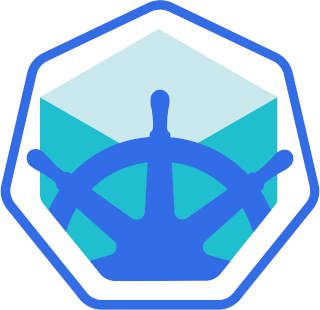-
Install AWS cloud provider on a k3s cluster
2 min read

One of the drawbacks of installing k3s on a EC2 instance versus using EKS is that we loose the AWS integration, so we cannot use AWS load balancers by default. Thanks to the AWS cloud provider we can overcome this limitation
10/05/2022
Read more... -
Connect via ssh to a minikube node
3 min read

minikube is a great tool for testing: For some activities we might need to access via ssh to the kubernetes nodes, minikube even provides a command to do it so we don't even have to break a sweat
09/05/2022
Read more... -
Backup and restore a K3S cluster
3 min read

If we have a K3S Kubernetes cluster that we want to create a backup of, we can use the k3s etcd-snapshot, but that's just going to backup the information related to Pods and other Kubernetes objects, it won't backup data that resides outside of the cluster such as disks (PersistentVolumes, emptyDirs, ...), or even it's state.
Having clarified that we are just going to backup some of the data, let's take a look how to do it.
06/05/2022
Read more... -
Deploy a lambda function using terraform
4 min read

To be able to deploy a lambda function there are several pieces that need to be deployed:
- IAM roles: It might need to access to the AWS API, so we need to create an IAM role to control it's privileges
- Triggering: We might want the function to get triggered with some event (that's what we are going to do on this post) or a load balancer
- Code: What we want to execute
- Lambda function itself
05/05/2022
Read more... -
Configure an AWS Load Balancer to target an Autoscaling Group using terraform
3 min read

It's quite convenient to be able to configure a AWS Load Balancer to target an Auto Scaling Group so we don't have to handle how instances are getting in and out of this load balancer. This can be done easily using terraform as follows
04/05/2022
Read more... -
How to use aws s3 sync command
2 min read
Similarly on how we use the rsync command to copy content across the filesystem and even across servers, we can use aws s3 sync to not only sync files between the computer we are running it and an S3 bucket but also between S3 buckets
03/05/2022
Read more...